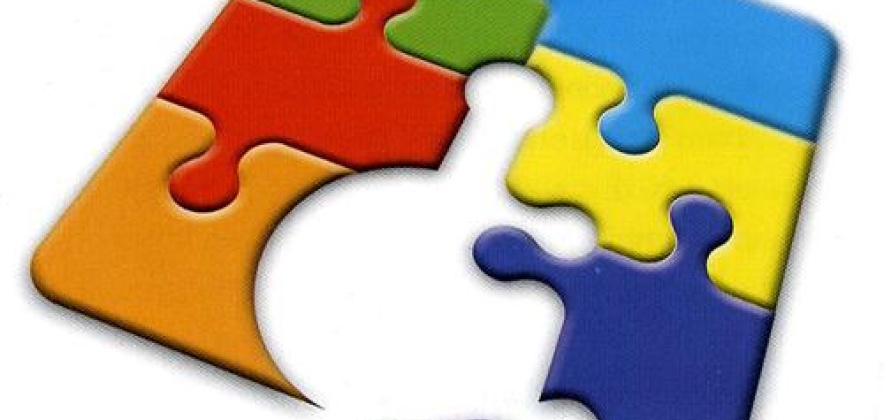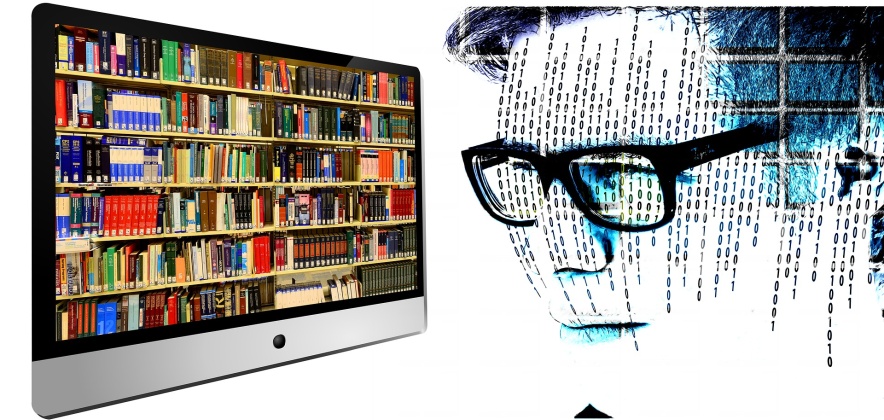
Abstract
Today, schools are being asked to respond to increasingly pressing and complex emergencies within the education sphere, and are thus having to re-examine their role as cultural, social and educational agents as far as inclusion is concerned. Often, inclusion is nothing more than a series of formal rather than concrete steps. Moreover, the current health crisis calls for the use of educational tools capable of “inhabiting” the new digital spaces of didactic mediation, with teaching methods that make use of the many available technological applications, and take into account students’ different ways of learning, thus avoiding the creation of additional fractures and distances between students, teachers and families, as has happened in certain cases. In perspective, the principle of inclusion should be linked to a vision of special education as a way to achieving disability literacy, which systemically involves many different social contexts and professional figures in order to create a truly inclusive environment.
 Classified "A" by ANVUR in the fields 11/D1, 11/D2 Scientific in the field 14.
Classified "A" by ANVUR in the fields 11/D1, 11/D2 Scientific in the field 14.




